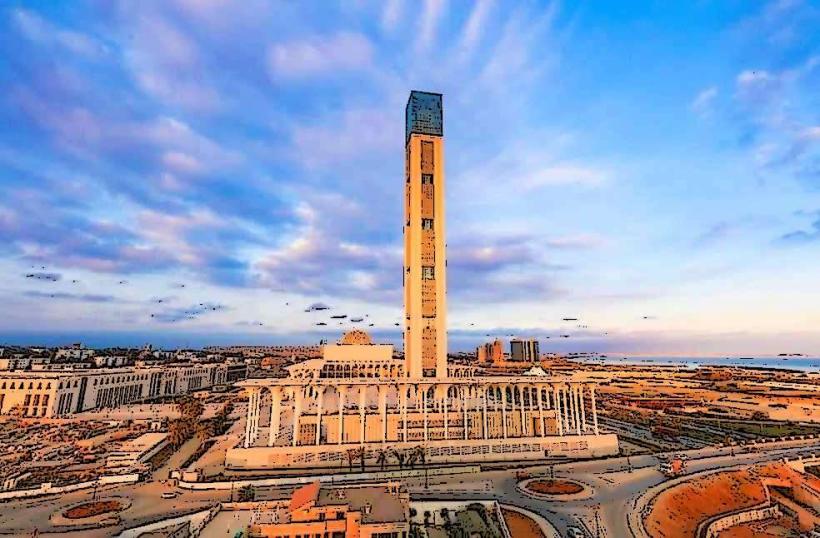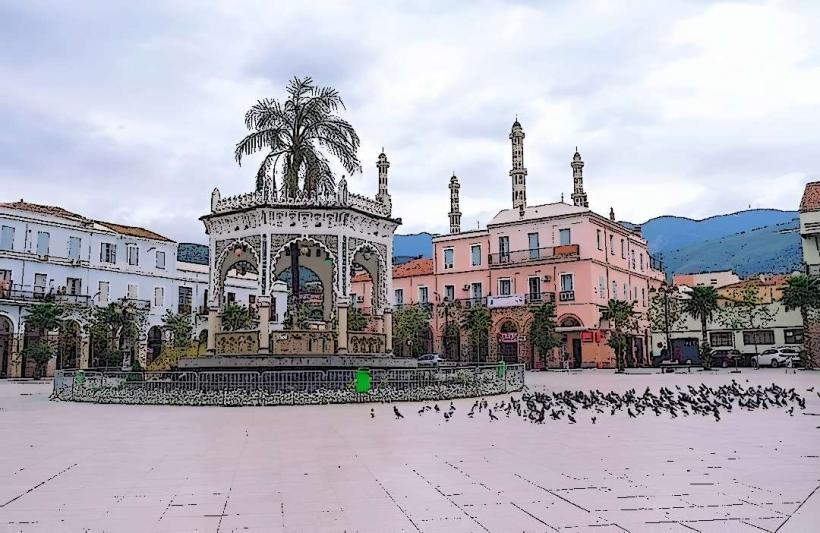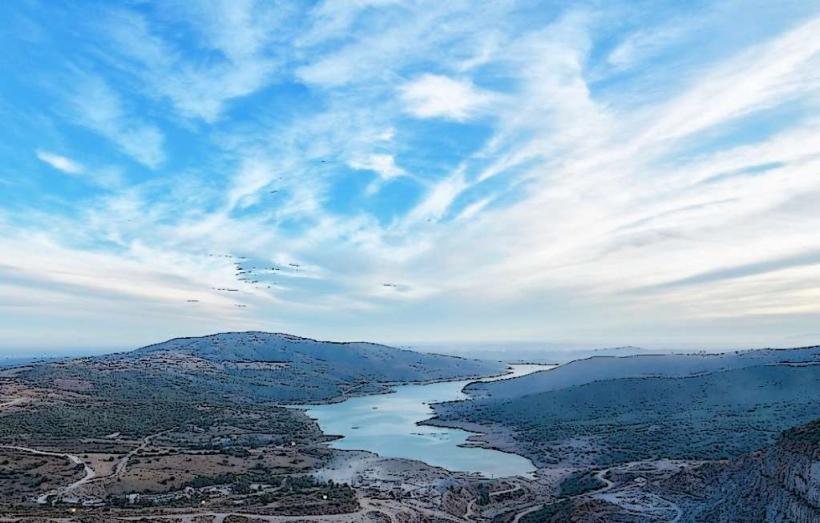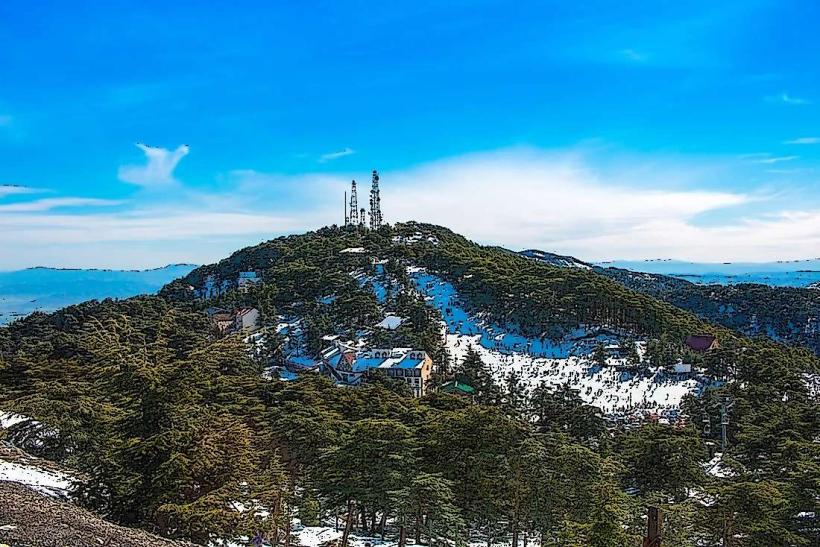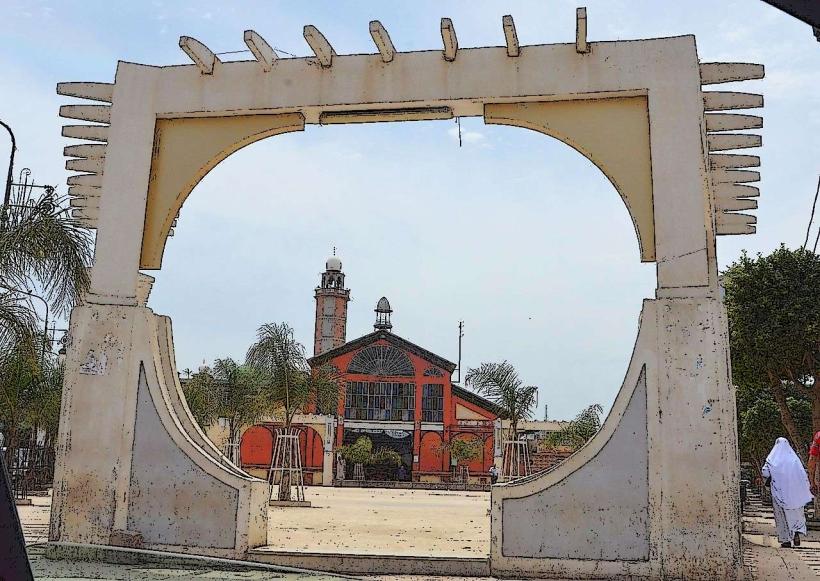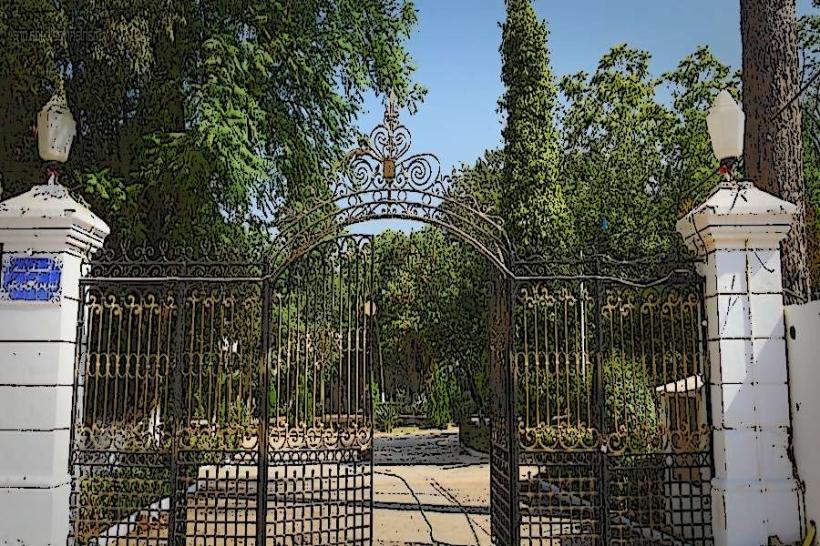Information
Landmark: La Maison de la CultureCity: Blida
Country: Algeria
Continent: Africa
La Maison de la Culture, Blida, Algeria, Africa
La Maison de la Culture is a public cultural center located in the city of Blida, Algeria. It serves as a venue for artistic and educational events.
Visual Characteristics
The building is a multi-story structure constructed primarily from concrete and glass. Its facade features a combination of smooth, white concrete panels and large, dark-tinted glass windows. The architectural style is modern, characterized by clean lines and geometric forms. The main entrance is marked by a prominent canopy extending over a set of double doors.
Location & Access Logistics
La Maison de la Culture is situated in the central district of Blida, approximately 1.5 kilometers south of the city center. Access is via Rue Colonel Lotfi. On-street parking is available in the vicinity, though it can be limited during peak hours. Public transport options include local bus lines that stop at the Place de la Concorde, a 5-minute walk from the building.
Historical & Ecological Origin
Construction of La Maison de la Culture was completed in 1985. It was designed by the Algerian architectural firm Bureau d'Études Techniques et de Réalisation (BETR) with the objective of providing a dedicated space for cultural activities and community engagement within Blida.
Key Highlights & Activities
Visitors can attend theatrical performances in the main auditorium, which has a seating capacity of 500. Art exhibitions are frequently held in the ground-floor gallery. The center also offers workshops in various disciplines, including painting and music. A library is accessible to the public for reading and research.
Infrastructure & Amenities
Restrooms are available on each floor. Limited shaded areas are present in the immediate exterior surroundings. Cell phone signal (4G) is generally reliable within the building. No on-site food vendors are present, but several cafes and restaurants are located within a 10-minute walking radius.
Best Time to Visit
For optimal lighting for photography of the exterior, late morning or late afternoon provides direct sunlight on the facade. Specific event schedules dictate the best times for attending performances or exhibitions. The center operates year-round, with reduced hours during public holidays.
Facts & Legends
A local anecdote suggests that the design of the main auditorium's acoustics was influenced by the sound properties of the ancient Roman amphitheater located near Tipasa, though this has not been officially confirmed by the architects.
Nearby Landmarks
- 0.8km North: Grande Mosquée de Blida
- 1.2km Northwest: Jardin de la Ville (City Garden)
- 2.5km East: Parc National de la Chiffa (entrance area)
- 3.1km Southwest: Fort de Blida


